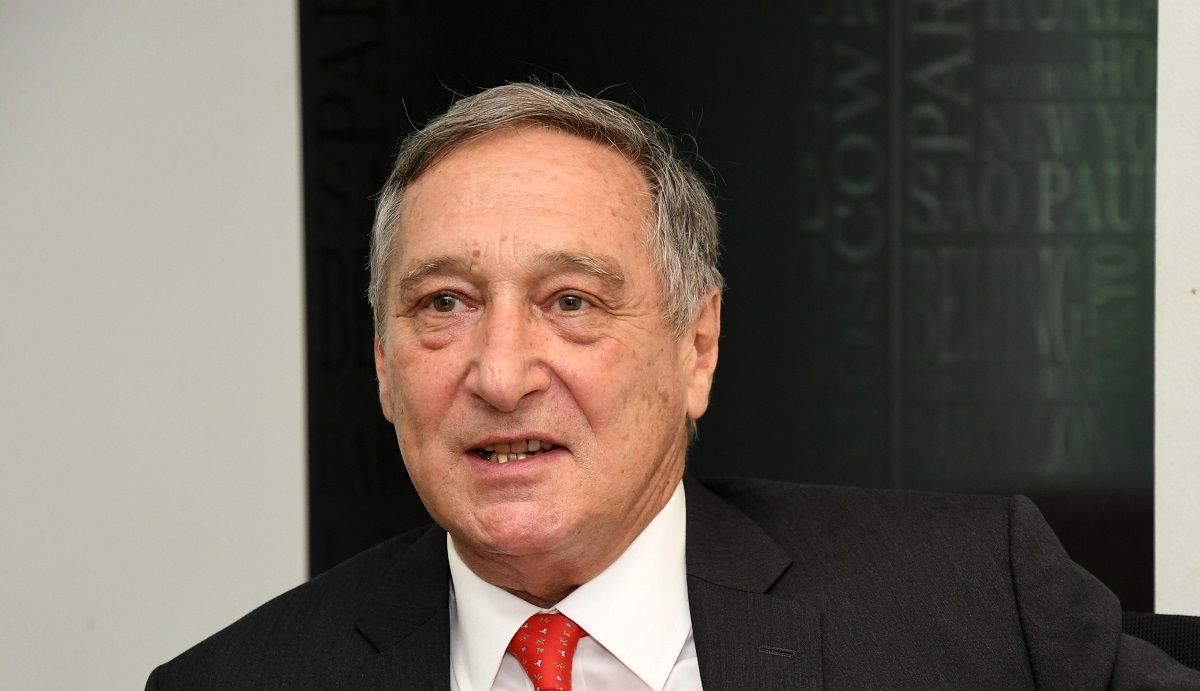New office space in Greater KL to be absorbed in seven years, says consultant

KUALA LUMPUR (March 9): New office space in Greater Kuala Lumpur coming up over the next four years will take seven years to be absorbed, chairman of property consultancy Savills Malaysia Sdn Bhd Christopher Boyd told The Malaysian Insight today
The increase of 21 million sq ft will take seven years to be occupied at “an optimistic calculation of 2.7 million sq ft annually”, he said.
The absorption rate for new office space last year was better than in 2016 owing to projects such as Menara Public Bank 2, MYEG Headquarters in Empire City and Sunway GEO tower, Boyd revealed.
He also told the news portal that buildings that would boost supply are The Exchange 106, Prudential headquarters, Equatorial Plaza, Menara Dayabumi Phase 3, YTL headquarters, TCM tower, Mercu 2, KL Eco City, Mid Valley Southpoint and Etiqa Bangsar.
Boyd said policymakers have to address worries about incoming supply contributing to a deeper “oversupply rut”.
“In a good year when the office space market is humming along, the net absorption rate is between two to three million sq ft per annum.
“Under the Economic Transformation Programme there are plans to create more office jobs that would require more office space.
“However, the general prevailing market sentiment has led to a slowdown in the office market over the last two to three years,” he told The Malaysian Insight.
Boyd explained that “the drop in crude oil prices had been the single biggest factor in the drop in demand for office space” in KL.
“(However), other sectors will expand to fill in the gaps that are left by oil and gas. Particularly finance, IT and other professional services.
“For example, in 2016 the absorption was 1.35 million sq ft in Greater KL and we had a slightly better year in 2017 with 1.82 million sq ft.”
Meanwhile, according to JLL Malaysia, the KL central business district, KL fringe and decentralised areas within the Greater Kuala Lumpur office market are expected to perform differently this year, as various factors drive demand for certain locations more than others.
With companies seeking greater cost efficiency, outsourcing business services, curbs on capex, the growing co-working space, improving infrastructure, better economic outlook and new high-specification building completions are believed to provide support for the office market this year, said JLL Property Services (Malaysia) Sdn Bhd international real estate agent James Short in a report yesterday.
Thanks to improved connectivity and accessibility, the decentralised areas such as Petaling Jaya, Subang Jaya, Puchong, Shah Alam and Klang are expected to see increase in rentals and lower vacancy rates, he noted.
“These decentralised areas have been a real benefit from public transport and all of that investment and infrastructure are really opening up these areas,” he said.
He added that besides the upcoming mass rapid transit Sungai Buloh-Serdang-Putrajaya line, the existing highways are opening up these cities, which increase their attractiveness to businesses and employees.
Never miss out
Sign up to get breaking news, unique insights, event invites and more from EdgeProp.
Latest publications
Malaysia's Most
Loved Property App
The only property app you need. More than 200,000 sale/rent listings and daily property news.
